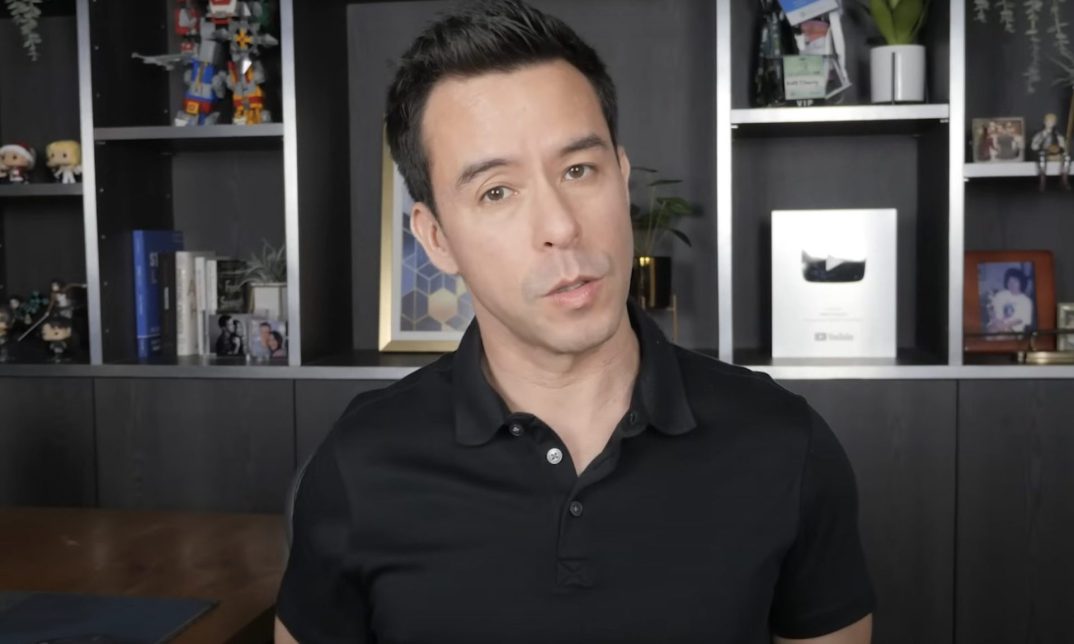The search engine optimization strategy is getting ready for multiple changes that will shift how websites compete for visibility. After analyzing trends and gathering insights from experts like Matt Diggity, it’s clear that SEO in 2025 will be radically different from anything we’ve experienced before. Here’s why Matt Diggity believes that the changes coming to SEO in 2025 will leave many digital marketers behind.
The days of traditional SEO tactics are numbered. Google’s algorithm is constantly changing, and those who fail to adapt will find themselves struggling to maintain their online presence. The most significant change we’re witnessing is the elevation of brand authority as a primary ranking factor.
The Rise of Brand Authority
Data now confirms what Matt Diggity and others had suspected: Google heavily favors established brands. The search giant is getting better at distinguishing between genuine brands and temporary SEO projects. Brand search volume has become a critical metric in determining website authority.
Recent studies gathered by Matt, demonstrate that websites surviving Google’s helpful content updates typically show higher ratios of brand searches compared to backlinks. Take the health supplement industry as an example – search results are now dominated by established names like WebMD, pushing out smaller, specialized sites that previously held top positions.
Traffic Diversity: The New Ranking Essential
Relying solely on organic search traffic is becoming very risky. The most successful websites in 2025 will be those that diversify their traffic sources across multiple channels:
Evidence suggests that websites demonstrating diverse traffic sources receive preferential treatment in search rankings. This multi-channel approach not only provides stability but also signals legitimacy to search engines.
The AI Revolution in Search
The introduction of AI-powered search engines presents both challenges and opportunities. These platforms are gaining market share by offering direct answers rather than traditional search results. This shift is forcing us to rethink optimization strategies.
Content creation is reaching unprecedented scales, with over 7.5 million blog posts published daily. This mass of content is pushing Google to rely more heavily on backlinks as a quality signal, simply because analyzing such vast amounts of content is becoming unsustainable.
The Future of Content Sites
Small publishers and content-focused websites face significant challenges ahead. The September 2023 helpful content update demonstrated Google’s preference for established brands, making it increasingly difficult for independent publishers to compete.
Despite Google’s stated commitment to supporting smaller sites, the reality shows limited improvement. This situation is creating a mass exodus of SEO professionals from traditional affiliate models to ecommerce and local lead generation opportunities.
Survival Strategies for 2025
To continue to succeed with these changes, website owners need to:
- Focus on building genuine brand recognition
- Implement multi-channel marketing strategies
- Target bottom-of-funnel keywords
- Optimize for conversion rates
- Consider diversifying into ecommerce or lead generation
The SEO industry is going to look very different, but only for those willing to adapt will find success. While many will exit the field due to increasing challenges, those who persist and master these new dynamics will find unprecedented opportunities for growth and success.
Frequently Asked Questions
Q: How will AI impact SEO in 2025?
AI will significantly influence SEO through AI-powered search engines and content creation tools. Websites will need to optimize for both traditional search engines and AI platforms, while maintaining high-quality content standards regardless of how it’s produced.
Q: Why is brand authority becoming more important for SEO?
Brand authority is becoming crucial because search engines are using it as a trust signal to filter out low-quality websites. Metrics like brand search volume and multi-channel presence help search engines identify legitimate businesses from temporary SEO projects.
Q: What are the best alternatives for content publishers struggling with current SEO challenges?
Content publishers should consider pivoting to ecommerce or local lead generation, which currently face less competition and offer more stable opportunities. These sectors provide clearer paths to monetization and face fewer algorithmic challenges.
Q: How can websites prepare for these SEO changes?
Websites should focus on building genuine brand recognition, diversifying traffic sources, optimizing for user experience, and maintaining strong conversion rates. It’s also important to develop a presence across multiple marketing channels rather than relying solely on organic search traffic.




